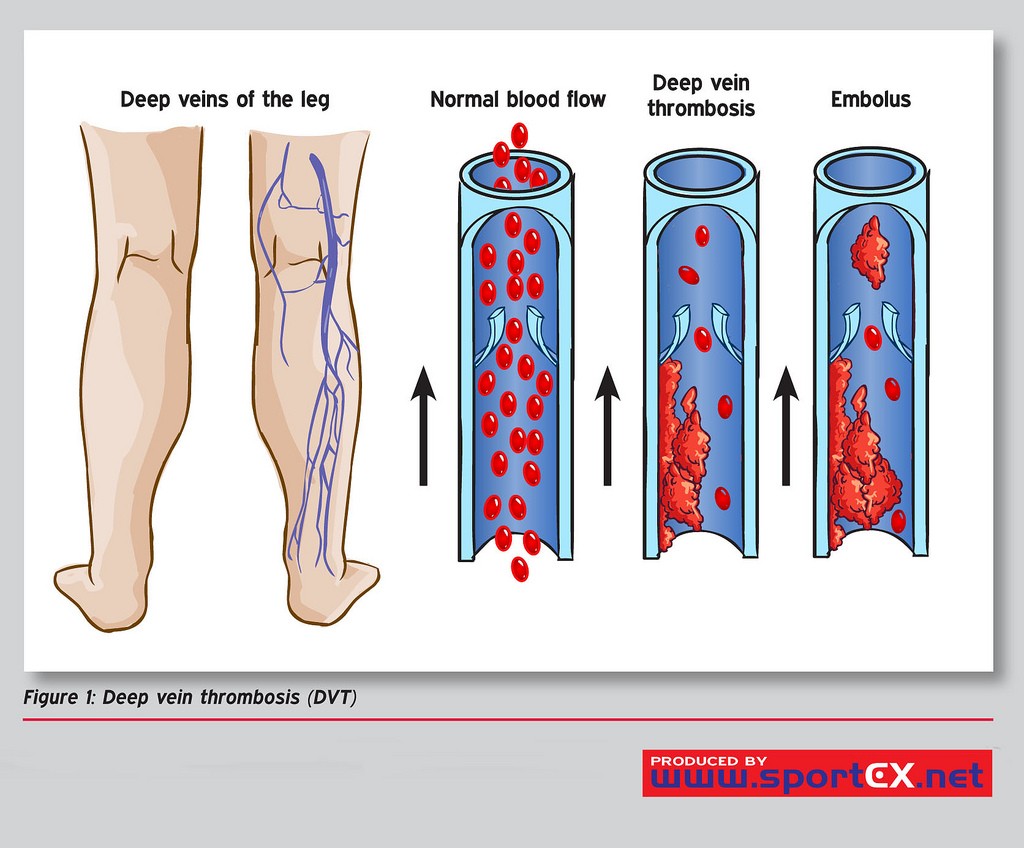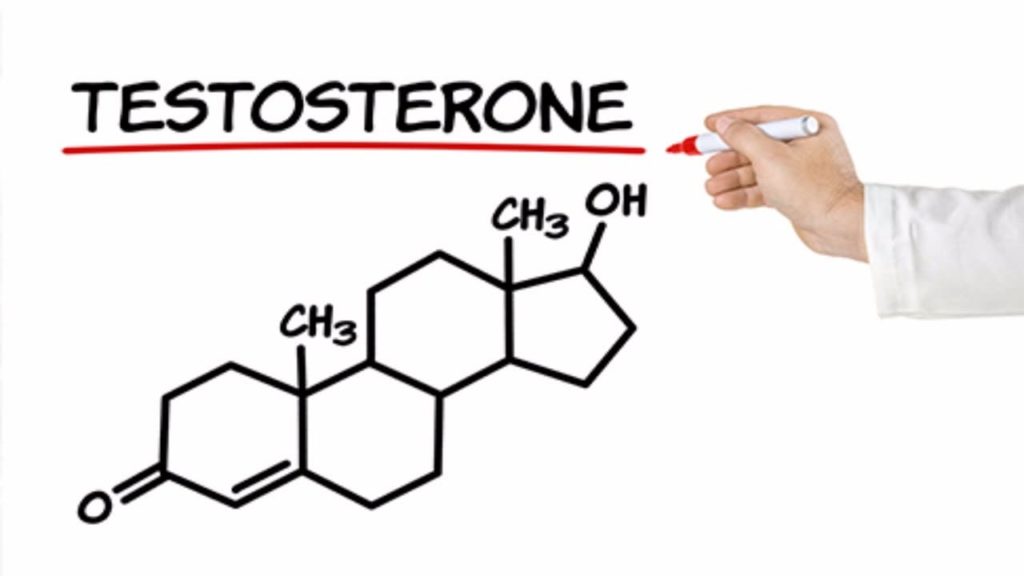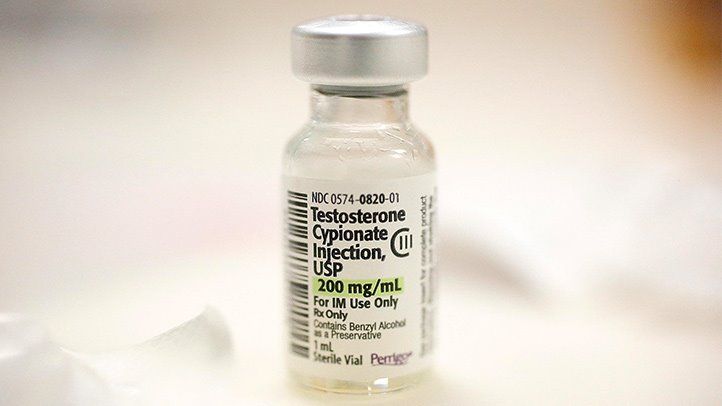There’s a lot of controversy around testosterone replacement therapy (TRT) and whether or not it’s safe. Some people believe that TRT is dangerous and can lead to health complications, while others claim that it’s a safe and effective way to treat low testosterone levels. So, what’s the truth? Is TRT dangerous?
In this blog post, we will take a look at the risks and benefits of TRT to help you decide if it’s right for you.
What is TRT Exactly?
Let’s start by taking a look at what TRT is. TRT is a form of hormone therapy that involves taking synthetic testosterone to replace the testosterone that your body isn’t producing naturally. It’s typically used to treat men who have low testosterone levels, but it can also be used to treat women who have symptoms of low testosterone.
Is TRT Dangerous?
There is a lot of debate surrounding the safety of TRT. Some people believe that TRT can lead to health complications, while others claim that it’s a safe and effective way to treat low testosterone levels. So, what’s the truth? Is TRT dangerous?
The truth is that there is no definitive answer when it comes to the safety of TRT. Some studies have shown that TRT can be risky and lead to health complications, while other studies have shown that it’s safe and effective. Ultimately, it’s up to you to decide whether or not you feel comfortable taking synthetic testosterone.
Some of the potential risks associated with TRT include:
Increased risk of heart attack and stroke
This is because testosterone can increase the risk of blood clots, which can lead to heart attack or stroke.
Development of blood clots
As stated above TRT can increase the risk of blood clots, which can lead to serious health complications. The reason it could do this is that it increases the number of red blood cells in your body, which can increase the chances of a blood clot forming.

Enlarged prostate
TRT can cause the prostate to grow larger, which can lead to problems such as difficulty urinating and urinary tract infections.
Higher risk of developing cancer
Some studies have shown that TRT can increase the risk of developing certain types of cancer, such as prostate cancer.
Increased aggression
TRT can cause some people to become more aggressive, which can lead to problems in both their personal and professional life.
Infertility
TRT can cause infertility in men, which is a major concern for those who are looking to start a family.
The reason it can cause infertility is that it can reduce the production of sperm.
Worsened sleep apnea
Sleep apnea is a condition where you stop breathing for short periods during sleep. TRT can make this condition worse.
Sleep apnea over time can lead to heart problems.
What Are the Pros Of Taking TRT?
Now that we’ve looked at some of the potential risks associated with TRT, let’s take a look at the pros of this form of hormone therapy.
Some of the benefits of TRT include:
Improved energy levels
TRT can help to improve your energy levels, which can make it easier to get through the day.
Improved mood
TRT can help to improve your mood, which can be beneficial if you’re struggling with depression or anxiety.
Improved sexual function
TRT can help to improve your sexual function, which can be beneficial if you’re struggling with erectile dysfunction or low libido.
Improved muscle mass
TRT can help to improve your muscle mass, which can be beneficial if you’re trying to build muscle.
Improved bone density
TRT can help to improve your bone density, which can be beneficial if you’re at risk for osteoporosis.
How To Weigh The Benefits Vs the Downsides Of Testosterone?
Usually, when weighing whether or not you should go through TRT, you should have more than one reason. For example, if you only want to go through with it for improved sexual function, but you’re not concerned about any other symptoms, then the risks might not be worth it.
But on the other hand, if you’re struggling with multiple symptoms and TRT is the only thing that seems to help, then the benefits might outweigh the risks.

Doctors often won’t prescribe TRT if you don’t have several reasons why you want to go through with it. This is because they want to make sure that the risks are worth the benefits.
It’s also important to consider your age and health history when making your decision.
Do People With High Testosterone Live Longer?
Because there are so many diseases you can get from low testosterone, it stands to reason that people with good testosterone levels might live longer.
It’s not necessarily the men with the highest testosterone, but the men with the most well-balanced testosterone that live the longest.
When it comes to testosterone levels which are way too high and way too low, the results are usually not good. We already went over the side effects of TRT above, which are the pretty much same symptoms men get when their test levels are too high. Now let’s dive into what happens when your testosterone levels are too low.
What happens if your testosterone is too low?
If low testosterone goes untreated it can lead to several health problems such as:
- Osteoporosis
- Depression
- Anxiety
- Erectile dysfunction
- Fatigue
- Weight gain
- Muscle loss
- Low libido
- Irritability
If you’re experiencing any of the above symptoms, it’s important to see a doctor and get your testosterone levels checked.
People Have Been Taking TRT For Years
The bottom line is that people have been successfully taking TRT for years without any major issues. There are things you have to do to make sure you do it safely. Below are some tips on how you can go about taking TRT safely.
- Make sure you go to a qualified doctor who has experience in prescribing TRT.
- Make sure you get regular blood tests to check your testosterone levels, estrogen levels, and PSA levels.
- Make sure you take all of your medications as prescribed by your doctor.
- Make sure you exercise regularly and eat a healthy diet.
- Make sure you avoid alcohol and tobacco products.
- Make sure you see your doctor if you experience any side effects from TRT.
- Make sure you keep all of your appointments with your doctor.
Conclusion
So, is TRT dangerous? In short, it can be if it’s not done safely. That’s why it’s important to talk to your doctor and follow their instructions closely. The benefits of TRT can be great, but you need to weigh them against the risks.
Remember, everyone is different so what might be a good decision for one person might not be a good decision for another.
